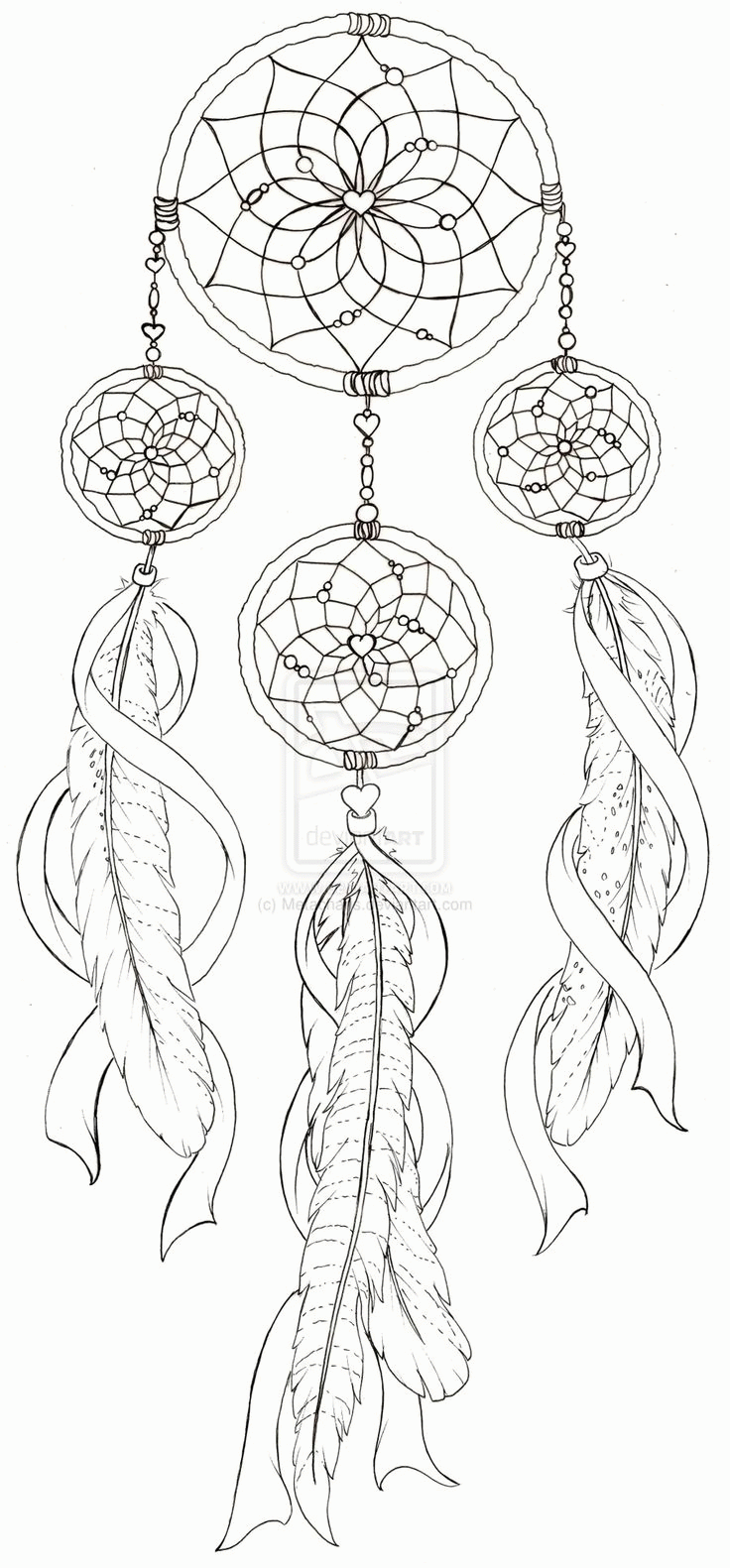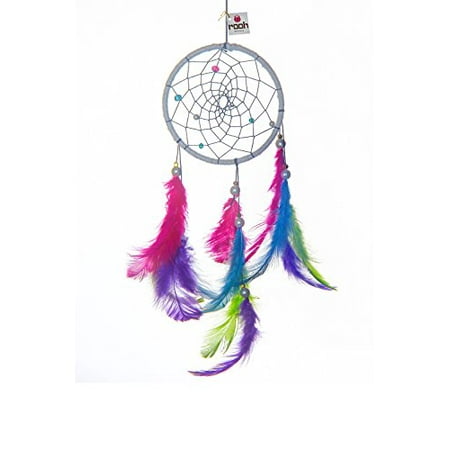Dream Catcher Use
Posted : admin On 7/16/2022- Dream catchers are arts and crafts of the Native American people. The original web dream catcher of the Ojibwa was intended to teach natural wisdom. Nature is a profound teacher.
- DONT FORGET that The Shadow's Dream has duration of 5 minutes, so you have to refresh the Dream Catcher. /way 18.05 62.07 1a Glider on the tree root /way 18.97 63.41 1c Use Glider /way 19.74 63.47 1b Broken Soulweb /way 51.13 33.87 3 Trouble in the Banks Q /way 50.45 33.07 5 Elder Gwenna /way 44.07 38.82 6 Ysera /way 62.17 52.18 7 Use Dream Catcher.
The dream catcher is one of the most enduring and widespread symbols associated with Native American culture. It’s commonly believed that the iconic hoop-and-web form is meant to protect sleepers from bad dreams by “catching” them, while letting good dreams pass through, hence the name. A dream catcher is a Native American icon and can be a symbol of hope and healing. Some American communities and schools that have suffered trauma and loss after horrible shooting incidents use a shared dream catcher to carry them through the healing process. 120 Free images of Dream Catcher. Dream Catcher Culture. Colorful Dreamcatcher. Dream Catcher Indians. Culture Dream Catcher. Culture Dream Catcher. Dream Catcher Pink.
Question: 'Is it wrong for a Christian to have a dream catcher?'Answer:
 Dream catchers have long been a part of Native American religion, lore, and art, originating with the Ojibwe, or Chippewa, and the Lakota, a confederation of seven Sioux tribes. Dream catchers are webbed and beaded circles hung with feathers from the base of the circle. As one might suspect, the purpose of a dream catcher is to catch dreams—that is, to trap bad or evil dreams and channel good dreams to the sleeper. Dream catchers are usually placed in a window or above the bed, allowing the good dreams to drip down the feathers onto the sleeper below.
Dream catchers have long been a part of Native American religion, lore, and art, originating with the Ojibwe, or Chippewa, and the Lakota, a confederation of seven Sioux tribes. Dream catchers are webbed and beaded circles hung with feathers from the base of the circle. As one might suspect, the purpose of a dream catcher is to catch dreams—that is, to trap bad or evil dreams and channel good dreams to the sleeper. Dream catchers are usually placed in a window or above the bed, allowing the good dreams to drip down the feathers onto the sleeper below.Essentially, a dream catcher is intended to manipulate the spirit world. Some people believe in the efficacy of dream catchers. Others are unsure but are superstitious enough to keep one in the bedroom. Still others see dream catchers as part of a cultural history or a piece of art that looks good dangling from a rear-view mirror.

Knowing the background of dream catchers and their talisman-like use, many Christians want nothing to do with them. Is such concern warranted? A passage in 1 Corinthians 8 may be helpful. Paul is speaking to Christians living in an extremely pagan culture ruled by superstition, magic, and sacrifices, all done in the name of various idols. The sacrifices were a particular concern, for the meat sacrificed was then sold at market. Some Christians felt eating sacrificed meat was endorsing the sacrifice and therefore inappropriate for a Christian; others believed that, since they were not worshiping the idol themselves, it was not wrong.
Paul’s guidance was this: “There may be so-called gods in heaven or on earth—as indeed there are many “gods” and many “lords”—yet for us there is one God. . . . However, not all possess this knowledge. But some, through former association with idols, eat food as really offered to an idol, and their conscience, being weak, is defiled” (1 Corinthians 8:5–7). Ultimately, “food will not commend us to God. We are no worse off if we do not eat, and no better off if we do,” yet we must be careful “that this right of yours does not somehow become a stumbling block to the weak” (1 Corinthians 8:8, 9). Just as it was with meat associated with idolatry in the 1st century, so it is with superstitious objects in the 21st.

 The Christian understands that false gods are nothing and that a dream catcher has no power in itself. The believer in Christ could easily see a dream catcher as nothing more than a craft or a cultural expression. However, before he buys a dream catcher and hangs it in the window, he should consider other people’s reactions to it. Will others see it as a charm to manipulate the spirit world? Will someone assume the one in possession of a dream catcher approves of Indian religions? Keeping a dream catcher is a matter of conscience; as long as it is not used as a good luck charm, it is innocent enough. But consideration must be given to those we seek to minister to.
The Christian understands that false gods are nothing and that a dream catcher has no power in itself. The believer in Christ could easily see a dream catcher as nothing more than a craft or a cultural expression. However, before he buys a dream catcher and hangs it in the window, he should consider other people’s reactions to it. Will others see it as a charm to manipulate the spirit world? Will someone assume the one in possession of a dream catcher approves of Indian religions? Keeping a dream catcher is a matter of conscience; as long as it is not used as a good luck charm, it is innocent enough. But consideration must be given to those we seek to minister to.Dream Catcher Use In Hindi
